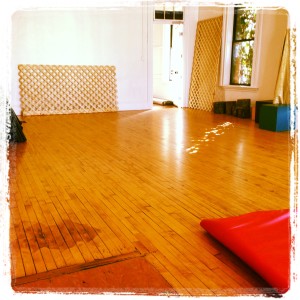I go through cycles with my research.
At this point, I can pretty accurately predict the cycles (at least that they will happen and in what general order they will occur). This was driven home by a phone call I made yesterday to my always-amazing boyfriend.
I’ve been feeling kind of lost in the dissertation project. This is certainly not helped by the fact that I’ve had to return most of my library books to prepare for the move, nothing is in the place where I expect it to be because of the move, and I’m experiencing no small amount of anxiety about the move. Basically: move move move, move move, hard to work

Even my plants are getting ready for the big move.
because move.
This, coupled with being away from my research for some time due to be a Jolly Good Fellow with the GIFT program, send me on the inevitable downward spiral of existential crisis.
“What am I doing? Why am I even doing this? What am I looking for? Why does any of this matter?”
…this happens a lot. At least to me. I find scholarship to be very difficult sometimes, especially something as abstract seeming as theatre history. It’s hard to touch the ground when your work is mostly ephemeral.
I was explaining this to said boyfriend the other day and trying to keep myself from sounding teary and pathetic over the phone. He was trying to keep himself from laughing. Finally I worked up the nerve to ask him why.
“You said this was going to happen. In fact, you used these exact words to describe the inevitability of this happening in the future the other week when you were all excited about your work.”
“…well…. But… I just don’t know what to DO!”
“You said you just have to keep working.”
I sighed. “But I don’t know how to keep working because I don’t know where any of my work is right now because it’s all returned to the library or back in boxes and and… past me just doesn’t understand!”
…just keep working. Thanks, past me. Great advice.
So I’ve been climbing back on the horse slowly trying to find my place in the saddle again. It’s been tough, but I’m getting there. There are definitely things on my to-do list that make use of the plethora of digital technologies at my disposal (thank you, greater realm of library science, for digitizing major texts… please continue to do so because it really does make research SO much easier). But hard is hard and daunting is daunting; and dissertations are nothing but a combination of both.












